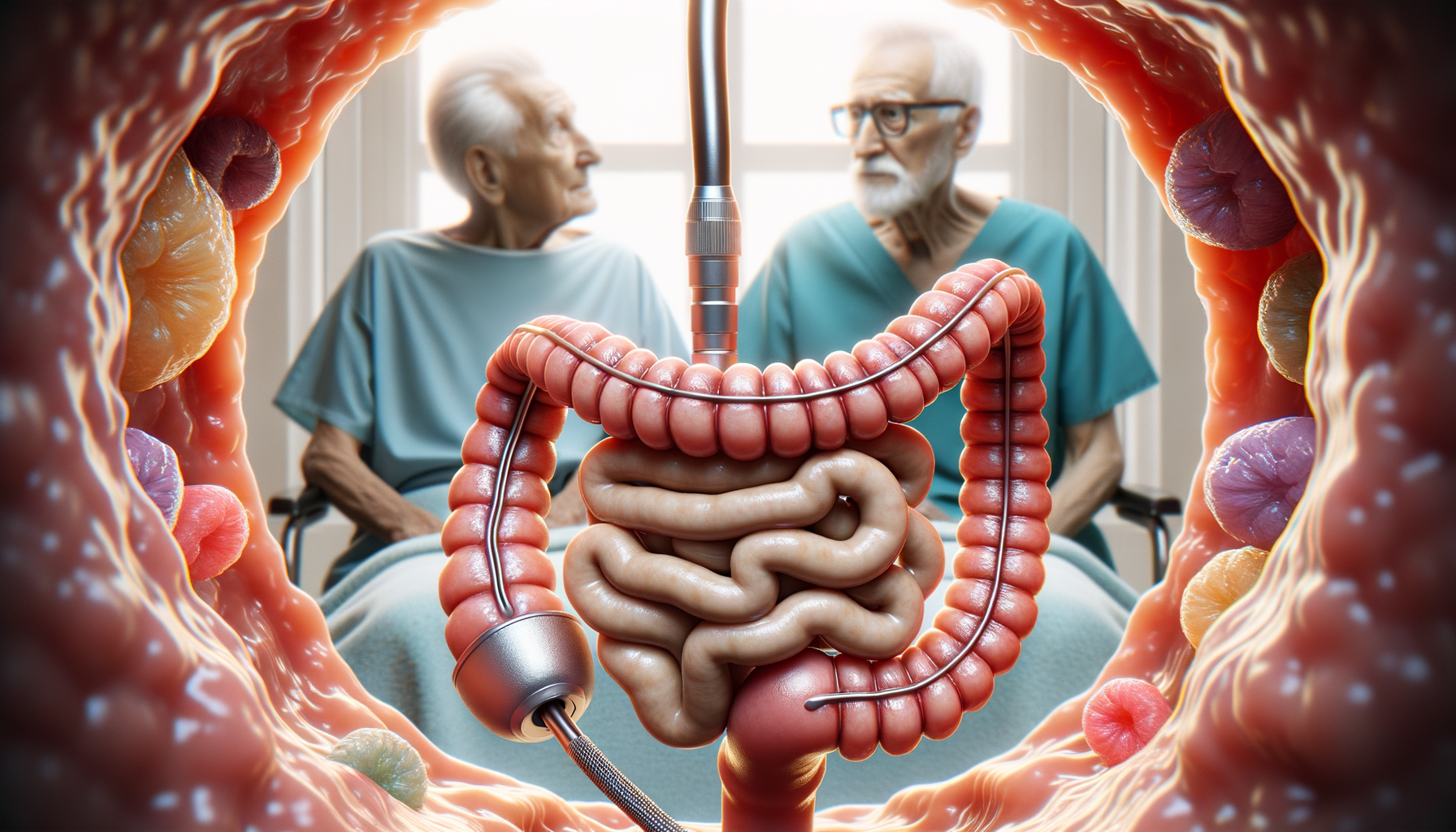What Seniors Over 70 Should Know About a Colonoscopy Procedure
Is there a need for colon cancer screening as one enters their later years? Understanding the process and what to expect can alleviate concerns. Learning about the colonoscopy procedure is a helpful step in considering healthcare options.

Introduction to Colonoscopy for Seniors Over 70
As individuals age, the importance of regular health screenings becomes increasingly apparent, particularly when it comes to detecting potential health issues early. One such procedure that holds significant relevance for those over 70 is the colonoscopy. This procedure is vital for identifying colon cancer and other gastrointestinal issues that may not present symptoms in their early stages. Understanding the process and what to expect can alleviate concerns and promote proactive health management.
Colonoscopy involves the examination of the colon using a flexible tube with a camera, allowing doctors to identify and remove polyps or other abnormalities. While the idea of undergoing a colonoscopy may seem daunting, especially for seniors, it is crucial to recognize its role in maintaining long-term health. In this article, we will explore Preparation Tips for Seniors Over 70 Undergoing a Colonoscopy, Key Benefits of Colonoscopy Procedures for Individuals Over 70, and Post-Colonoscopy Care and Recovery Guidelines for Seniors Over 70.
Preparation Tips for Seniors Over 70 Undergoing a Colonoscopy
Preparing for a colonoscopy is a critical step that can impact the procedure’s effectiveness and comfort. Seniors over 70 may face unique challenges, such as dietary restrictions or medication management, making preparation even more essential. Here are some tailored tips to ensure a smooth process:
- Consult Your Healthcare Provider: Before the procedure, discuss any existing health conditions or medications with your doctor. They may adjust your medication regimen to minimize risks during the preparation and procedure.
- Follow Dietary Guidelines: Typically, a low-fiber diet is recommended several days before the colonoscopy. This helps clear the colon, making it easier for doctors to conduct a thorough examination.
- Stay Hydrated: Adequate hydration is crucial, especially as seniors may be more prone to dehydration. Clear fluids, such as water, broth, and certain juices, should be consumed in abundance.
- Understand the Bowel Prep Process: The bowel preparation process involves taking a prescribed laxative to clear the colon. Ensure you understand the instructions and follow them closely to ensure the colon is adequately prepared.
By taking these steps, seniors can approach their colonoscopy with confidence, knowing they have done everything possible to facilitate a successful procedure.
Key Benefits of Colonoscopy Procedures for Individuals Over 70
For individuals over 70, the benefits of undergoing a colonoscopy are substantial. The procedure serves as a preventive measure against colon cancer, which is notably prevalent in older adults. Early detection through colonoscopy can significantly improve treatment outcomes and survival rates.
Here are some key advantages:
- Detection and Removal of Polyps: Polyps, which can develop into cancer over time, are often found during colonoscopies. Their removal can prevent the progression to cancer.
- Comprehensive Diagnosis: Colonoscopies provide a detailed view of the colon, allowing for the identification of other potential issues such as diverticulosis or inflammatory bowel disease.
- Peace of Mind: Knowing that their colon health is being monitored can offer seniors peace of mind, reducing anxiety about potential health issues.
While the thought of undergoing a colonoscopy may be intimidating, understanding these benefits can help individuals over 70 recognize the procedure’s value in maintaining their health and well-being.
Post-Colonoscopy Care and Recovery Guidelines for Seniors Over 70
After a colonoscopy, proper care and recovery are essential to ensure a swift return to normal activities. Seniors over 70 may experience different recovery dynamics, so it’s important to follow specific guidelines tailored to their needs.
Here are some post-procedure tips:
- Rest and Recuperate: Allow time for rest after the procedure. The sedatives used during the colonoscopy may cause drowsiness, so having someone to assist with transportation and immediate care is advisable.
- Monitor for Complications: While complications are rare, it’s important to be aware of symptoms such as severe abdominal pain, fever, or persistent bleeding, and to contact a healthcare provider if these occur.
- Gradual Return to Diet: Start with light foods and gradually return to a regular diet as tolerated. Staying hydrated is also important to aid recovery.
- Follow-Up Appointments: Attend any scheduled follow-up appointments to discuss the results and any further actions needed. This ensures ongoing monitoring and management of colon health.
By adhering to these guidelines, seniors can ensure a smooth recovery process and continue to enjoy a healthy, active lifestyle post-procedure.